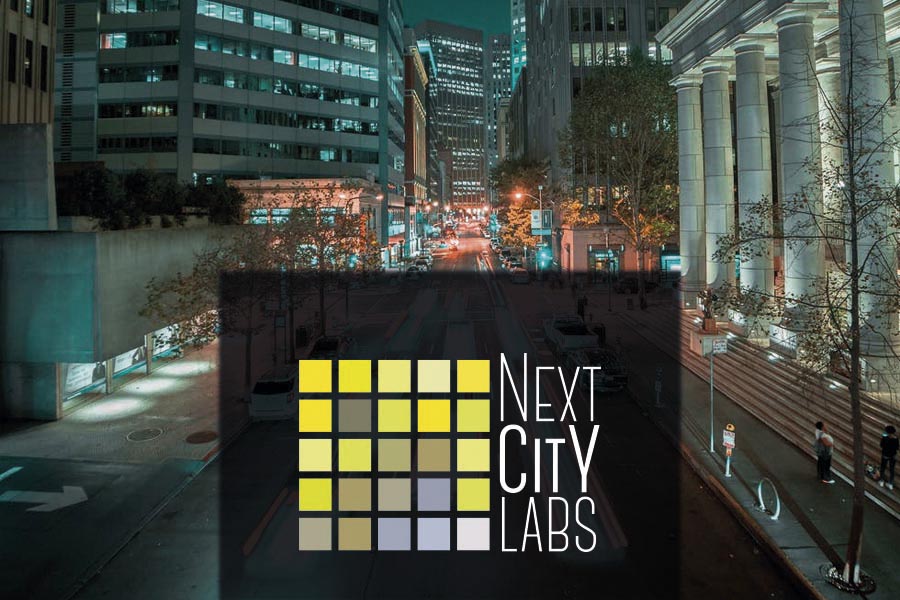ASSOCIATIONS
PARTNERS
Sign up for our newsletter
We promise not to send you spam, only useful information about the industry and/or our products.

Recycling and the environment
Principios adaptados al Siglo XXI
Our business model integrates sustainability into the core of technological development as any company in any field should do. Although social awareness is increasingly broad in this regard and people are continually integrating routines such as recycling into their daily lives, the greatest impact on ecosystems is generated by manufacturing. That is why the most significant actions to combat climate change must be taken from the business perspective. Undoubtedly one of the most important challenges at the corporate level is within the goal of "Zero net emissions".
El reciclaje de los dispositivos electrónicos o la reutilización de elementos debe ser una constante en las empresas tecnológicas para no generar montañas de residuos contaminantes sin procesar
It is overwhelming to think about the number of devices consumed per person and that every decade, the population increases in large proportions. The current model of consumption and energy will not be able to sustain these figures, and the number of natural resources tends to depletion and scarcity as the years go by.
The industrial impact can be summarized as a chain reaction in which resources are exploited in an uncontrolled manner, generating an impact on the environment and on the populations living nearby, contaminating resources such as water and land. This leads to resource scarcity, pollution, increased carbon footprint and CO2 emissions. That is why it is important to control the sustainability of the integral process of technological development, from the procurement of raw materials to the final transport for installation.
ASSOCIATIONS
PARTNERS
Sign up for our newsletter
We promise not to send you spam, only useful information about the industry and/or our products.
© 2021 | Privacy Policy | Cookie Policy
Página web desarrollada por EasyMode Marketing
This website uses cookies so that we can provide you with the best user experience possible. Cookie information is stored in your browser and performs functions such as recognising you when you return to our website and helping our team to understand which sections of the website you find most interesting and useful.
Strictly Necessary Cookie should be enabled at all times so that we can save your preferences for cookie settings.
If you disable this cookie, we will not be able to save your preferences. This means that every time you visit this website you will need to enable or disable cookies again.
More information about our Cookie Policy